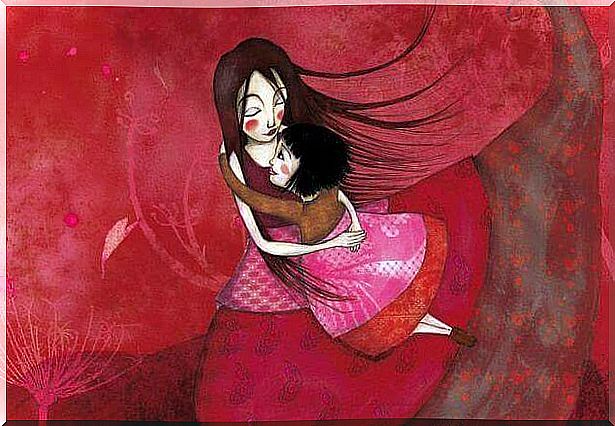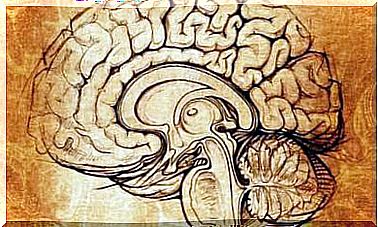No Need To Hurt To Teach Or To Suffer To Learn

To learn the beauties of life, yelling, scolding or inappropriate gestures are not necessary.
No need to suffer to know what joys are, on the contrary, because happiness will then seem to us something other than an unattainable star.
It is possible that your childhood took place in a setting marked by an authoritarian and severe upbringing.
If this is the case, you will know better than anyone else that far you have obtained good learning, what remains is the mark of many emotional deficiencies, the emptiness of tenderness and the lack of recognition.
There are people who like to say that the best learning is through suffering. In reality, this idea is a bit extreme and cannot be applied lightly.
Having suffered undoubtedly teaches us the value of things, offers us strategies and often tells us which paths to take and which paths to avoid.
Learning about life takes place over time and experience, but if we start from a secure foundation, that is, if we have a healthy childhood, we already have a good foundation in life.
Teaching is not just about imparting knowledge and standards. To teach, there is no need to suffer, nor to receive cries and reprimands: to teach is to educate emotionally, to create strong beings in life.
Teaching is the art of arousing curiosity

None of us know the magic potion to bring authentic and lasting happiness to children. What should never be forgotten is that in order to educate, you have to understand, arouse intuition and above all “build”.
Whoever did not know happiness in his childhood can only see life with a little suspicion and fear.
Suffering during the first years of life limits the correct development of the child. We have to take this into account.
- Growing up with fear involves living with a high level of stress and anxiety. A brain with a high level of cortisol does not develop in an adapted way and does not allow optimal learning.
- Learning that is taught in a harsh manner leaves no mark, it leaves scars in the soul.
And any negative emotion internalized in the mind and heart of a child presupposes deficiency and injury for the adult of tomorrow.
- To teach, you must not impose, you must not raise your voice or prohibit: you must arouse curiosity.
Paulo Freire said that to teach is not to transmit knowledge, but to create possibilities for its production.
This can be achieved through appropriate emotional intelligence, with respect and sincere tenderness towards the child.

To teach, you have to educate the heart
Often times, we are committed to teaching children concepts that they can find themselves in books, on the Internet, etc.
We must also teach them to love, to be free, to reflect, to know themselves …
In fact, while it is easier to teach them the multiplication tables than to develop their self-esteem, it is something we should all have in mind every day, through strategies such as:
- Always encourage a democratic education at home, where dialogue is possible, as well as communication and where each norm is well understood by the child.
It is not only a question of imposing, but of making people understand that at home, as in society and in life, there are limits and responsibilities.
- Always remember that the first years of a child’s life are their roots and how they will understand the world of tomorrow.
If he is screamed, if he feels fear, if he feels misunderstood, he will be an adult “on the defensive” in the world.
- Listen to your children’s emotional language, understand how they deal with anger and sadness, and how they relate to the rest of the world.
Develop an environment based on trust where arbitrary punishment, mockery or irony have no place.










